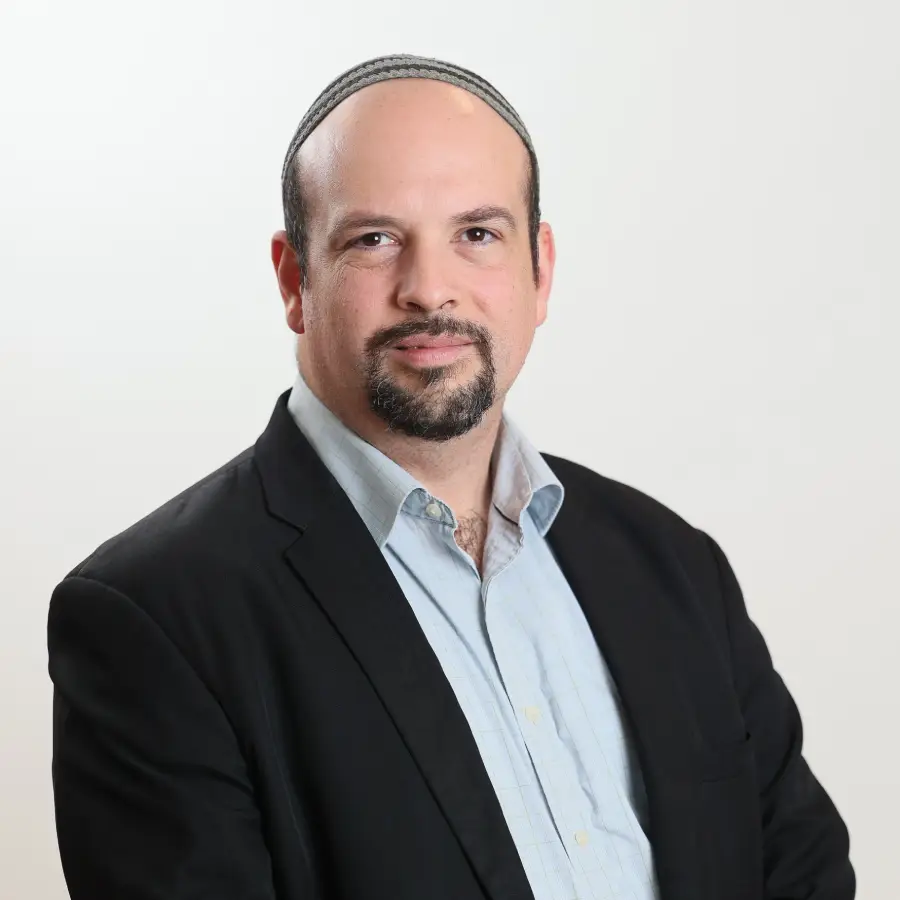דף הבית » תורה, הלכה והגות » A Masorti perspective on LGBT issues

The Masorti movement has gone through a challenging process during the last ten years in establishing its views on how to involve LGBT Jews in the Community. The question has always been “how”, not “whether”, as we all agree that LGBT Jews must be welcomed into our communities as they are, be loved and respected
The main two issues are Rabbinical Ordination for openly gay students and commitment ceremonies (weddings or similar) for gay couples.
The question on Ordination is never whether a gay Jew is a good person, or about his or her intellectual capabilities. The main obstacle is the familiar verse in Leviticus prohibiting homosexual relations. The view of the opponents of Gay Ordination is that a rabbi should be an example for his/her community and as we wouldn’t ordain a person who violates Shabbat in public (therefore transgressing a biblical commandment) we cannot ordain a person who publicly violates the prohibition against gay sex. As an individual he/she can do whatever he or she wants and still be a cherished member of our congregations, as all Shabbat transgressors (and let’s be honest, we have many of those) are welcomed.
Many proposals have been written about how to allow worthy gay students to become ordained. The main responsa on the matter was written by Rabbis Elliot Dorff, Daniel Nevins and Avram Reisner under the title of “Homosexuality, Human Dignity and Halakhah”. These Rabbis limit the biblical prohibition of Leviticus to anal sex, classifying all other kinds of sexual contact between persons of the same sex as Rabbinical Enactments. These decisions of the Sages can be annulled by the principle of “Kevod Habryot”, “The Dignity of Human Beings”, if the situation causes pain and suffering to people. Therefore, these Rabbis established that a gay Jew can be a good example for his community, as his or her sexual orientation is not in violation of any commandment per se, as there is only one specific problematic sexual behaviour. On this basis, all Masorti Seminaries, except for the one in Argentina, accept now openly gay students; some of them have been ordained and are working in pulpit and educational positions worldwide.
On the subject of gay marriage and/or commitment ceremonies we have many opinions, however most rabbis accept today that some kind of ceremony should be offered to gay couples. This ranges from ceremonies that lack the main traditional symbols of a Jewish wedding (Huppah, rings, wine, Ketubbah) in order to make clear is a different ceremony; to rabbis that conduct the same ceremony that is done for straight couples with slight changes. A middle ground, which we in the UK have accepted as a model, is the Shutafut ceremony, an Halakhic model based in the Jewish partnership laws, but that enables us to maintain some traditional elements as the Huppah, rings, wine and a contract. This particular ceremony could even apply to a straight couple wishing to choose this over the traditional Kiddushin ceremony.